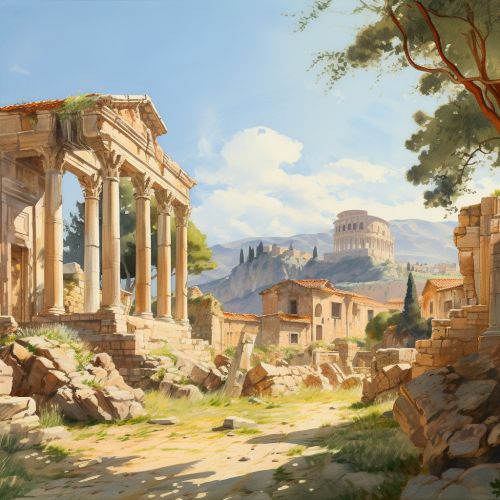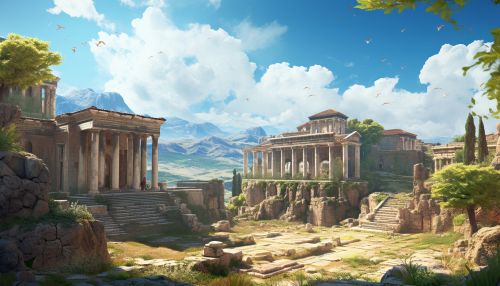Plato
Early Life and Education
Plato was born in Athens, Greece, around 428/427 BC to an aristocratic family. His father, Ariston, was believed to be descended from the early kings of Athens. Perictione, his mother, was related to the 6th century BC lawmaker Solon. When Plato was a child, his father died, and his mother married Pyrilampes, a friend of the statesman Pericles.
As a young man, Plato had political ambitions, but he quickly became disillusioned by the political leadership in Athens. He became a pupil of Socrates, one of the greatest philosophers of that time. Plato's early works are often seen as the most reliable of the Socratic dialogues because they closely follow Socratic teachings.


Career
Plato founded the Academy, one of the earliest known organized schools in Western civilization, around 385 BC. The Academy was a large enclosure of ground, which had formerly belonged to a citizen of Athens named Academus. It operated until it was closed by Justinian I of Byzantium in 529 AD. Many intellectuals were educated in the Academy, the most prominent one being Aristotle.
Plato's philosophical views had many societal implications, especially on the idea of an ideal state or government. There is not one definitive answer to what these views are, as they often are complex and have many layers, but they have been interpreted and analyzed for centuries to understand their nuances.
Philosophical Ideas
Plato's philosophy covers a wide range of topics and is organized into dialogues. The dialogues are usually named after the main speaker. For example, the Republic is a dialogue that presents Plato's view of justice and the ideal state.
One of the most fundamental aspects of Plato's philosophy is his theory of Forms. According to this theory, non-physical forms represent the most accurate reality. He believed that these forms, and not the material world known to us through sensation, possess the highest and most fundamental kind of reality.
Plato also developed the concept of the soul and its immortality. He argued that the soul consists of three parts: the logical part, the spirited part, and the appetitive part. The soul is immortal and goes through a cycle of death and rebirth.
Influence and Legacy
Plato's influence on Western culture was profound. His works have been used in a variety of ways in Western culture, but his educational ideals have proven to be of fundamental importance. His writings on the theory of knowledge, ethics, and politics, especially the Republic, have proven to be of an enduring quality.
The Academy, founded by Plato, was the model for the modern university. His philosophy has been taught in schools and universities since ancient times and continues to be studied in philosophy departments around the world.
